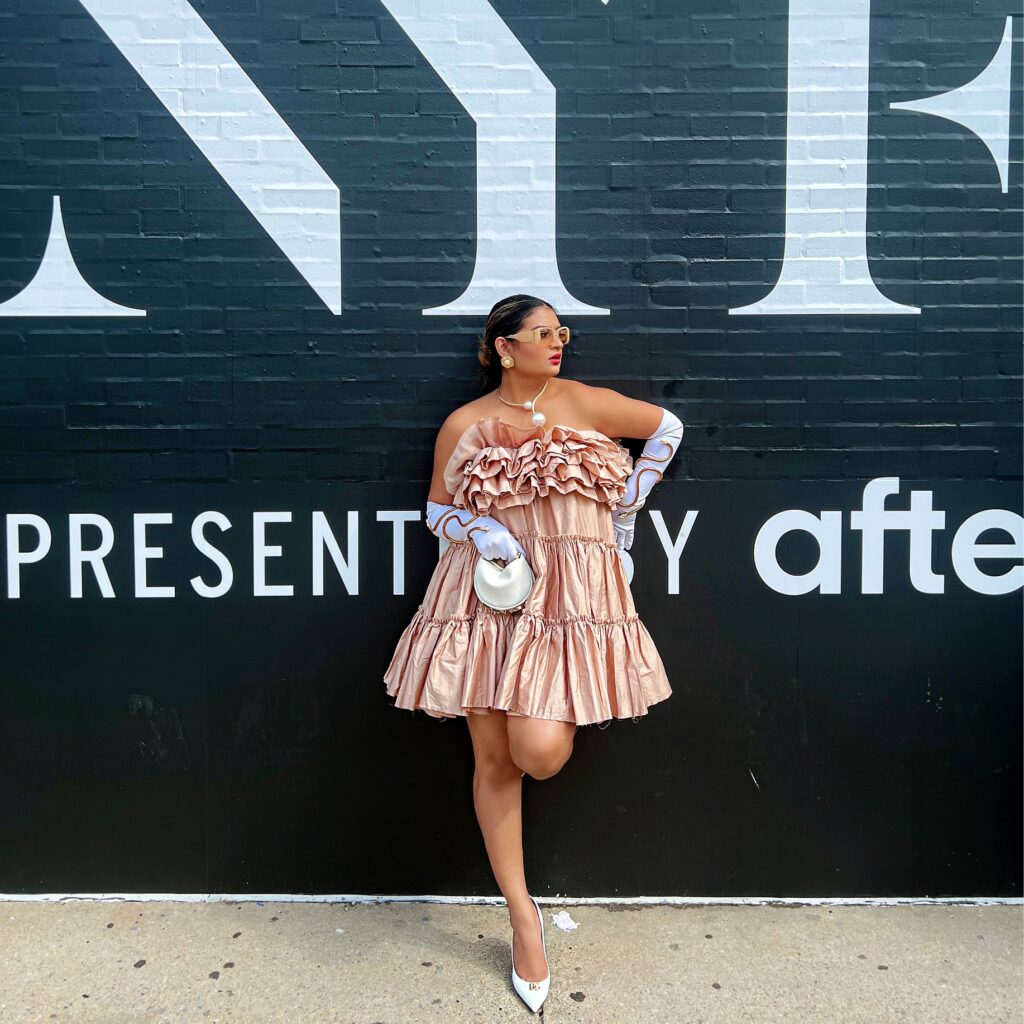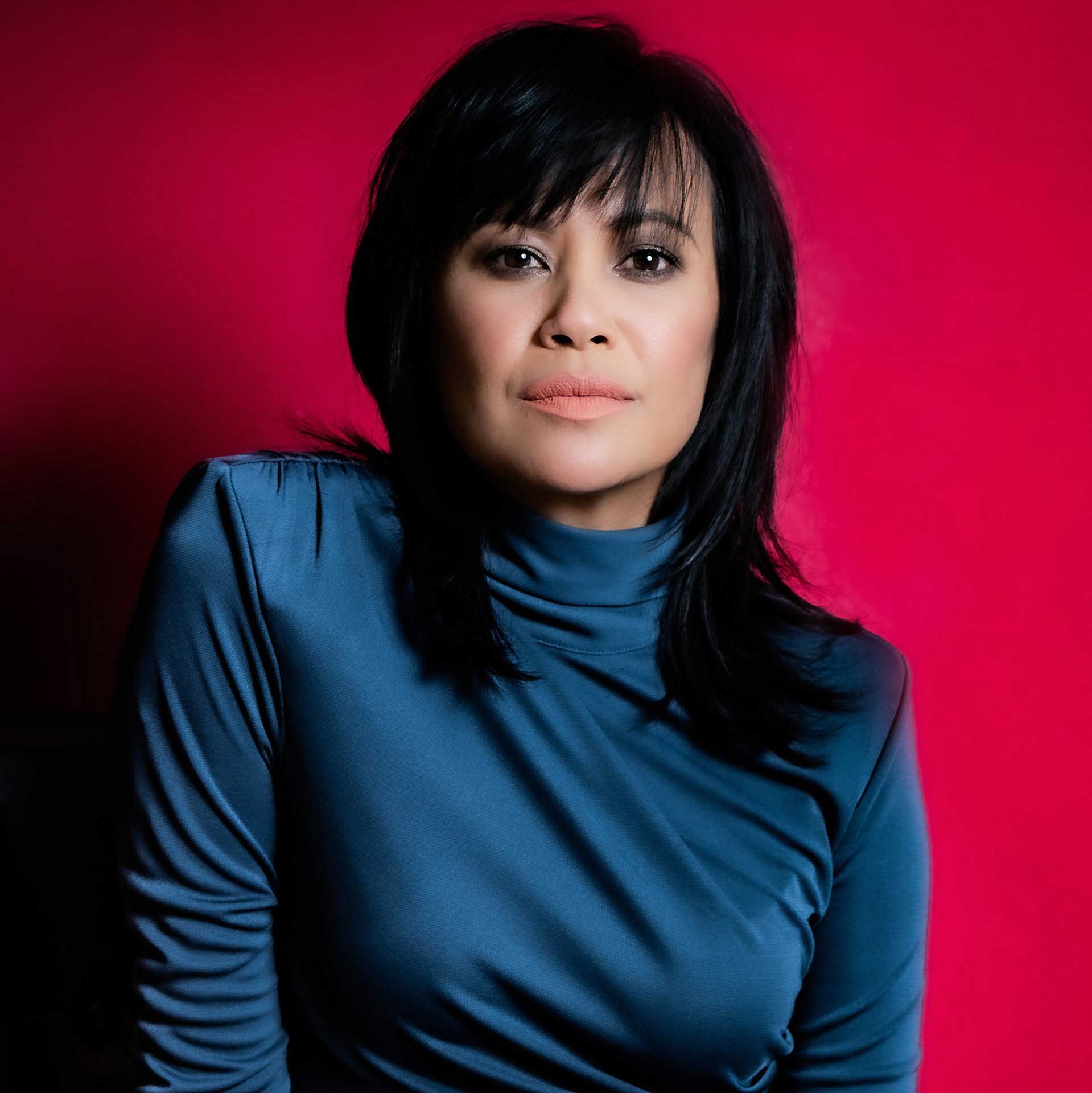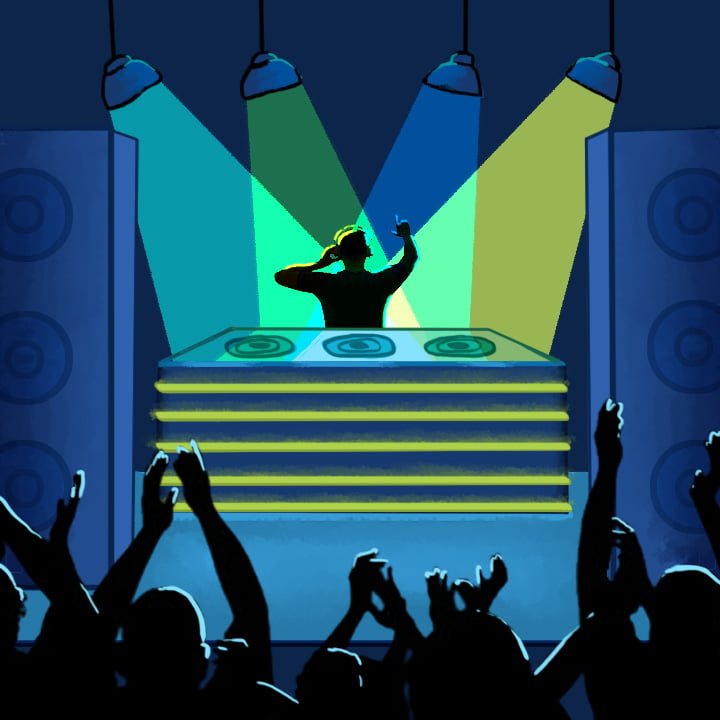Video game players and developers, especially women, frequently suffer sexism, which is prejudiced conduct or discrimination based on sex or gender. Sexual harassment or the portrayal of genders in video games, such as when characters adhere to gender-specific clichés and stereotypes, are examples of how this could appear.
Video game culture changed significantly during the 1980s and 1990s when it was once thought of as a subculture exclusive to young men. As of the 2010s, women make up roughly 50% of all gamers. However, by not punishing users who engage in this kind of behavior or by including sexist elements in their plots, several video games actively encourage instances of sexism against women.
People in the video games industry are now more aware of sexism as a result of the growing number of women in the gaming business and the subsequently publicized cases of harassment of these women.
Sexism in Video Games
The International Game Developers Association carried out a survey in 2014 that revealed some unprofessionalism women encountered in the game development industry. Women first noted defiance from male coworkers who were beneath them. The study also revealed that white men were preferred for executive jobs and throughout the whole hiring process.
According to a poll, female developers were not treated with respect in the industry and were instead subjected to inappropriate behavior by male coworkers, such as being tricked into going on dates.
Online video games can be host to extreme sexism towards women, with 65 percent of women reporting an instance of sexual harassment in this setting. Women receive three times as many offensive or derogatory comments from gamers as men do, which can be made anonymously by gamers.
Why is Sexism So Widespread in the Gaming Industry?
Well, there are a few things that need to be considered before we answer that question. According to researchers, playing video games has traditionally been associated with men. At least since the 1980s, when the industry experienced a financial depression, game developers have prioritized targeting men as their main market.
Even Esports participants are affected by the video game industry’s male orientation with only 1 out of 500 earning professionals being a woman. Although there is some evidence that this is starting to change, male dominance in the business and its focus on its male clientele have led to the creation of video games with few female characters and hyper-sexualization of those few that exist.
Is There a Light at the End of this Tunnel?
Some people have expressed optimism in response to the most recent allegations of sexism in the industry, theorizing that a tipping point may have been reached and that significant change is feasible. They find encouragement in the fact that recent events have not provoked the customary backlash but rather compassionate reactions, resignations, and promises of culture change from firm CEOs. As part of their efforts to change and reform, several businesses have employed diver officers and recruited high-priced consultants.
Women’s rights activists actively work to change how women are portrayed in video games and how the gaming community as a whole treats them. For instance, feminist frequency, a group founded by media critic Anita Sarkeesian, offers training and seminars to influence game culture and change it for good.
Gaming companies have also taken initiatives to maintain a safe and respectful workplace, including adopting standards and training programs. The French government proposed legislation in 2016 that would reward or incentivize video game developers for portraying more positive representations of female characters in their works, in an effort to combat sexism. These recommendations also lay out a rating system that separates games that support positive female representation from those that do not, with the latter receiving the highest age 18 rating.
Conclusion
Although we still have a long way to go in this battle against not only sexism but all kinds of discriminatory behavior in the online video game industry. It is safe to say that the fact that harassment is now being talked about is a big step forward. Whether the games industry has actually been able to transform and create better working conditions remains to be seen. But for the time being, it has made a start.






























